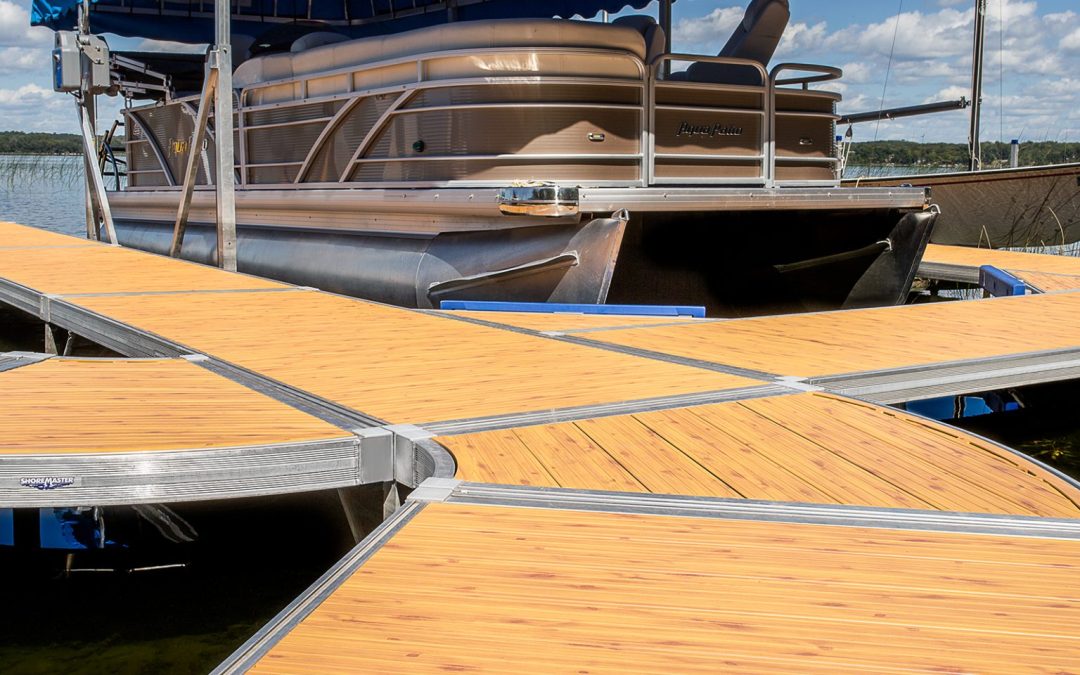A well-constructed marine dock is not just a practical solution for docking your boat; it can also serve as a relaxing space to enjoy the stunning vistas of the waterfront. When designing a dock, a fundamental consideration is the material used for its decking. This guide delves into the diverse selection of marine dock decking materials available today, helping you choose the best option for durability, longevity, and performance.
The Importance of Choosing the Right Dock Decking Material
The marine dock is often subjected to extreme environmental conditions such as saltwater exposure, harsh weather, and ultraviolet (UV) light from the sun. Over time, these factors can degrade the decking material, leading to functional and aesthetic issues. Therefore, the choice of material for the dock decking can significantly impact its durability and performance, as well as the required maintenance and overall cost.
The Value of Durability
Durable decking materials can withstand harsh marine environments, reducing the frequency of repairs or replacements. This longevity ultimately translates to cost-effectiveness in the long run.
The Influence on Aesthetics
The decking material also influences the dock’s appearance. Some materials weather beautifully, contributing to a pier that ages gracefully over the years. Others may fade or discolour, affecting the overall look of the waterfront property.
Common Marine Dock Decking Materials
An array of marine dock decking materials is available in today’s market. Wood, composite, plastic (PVC), and aluminium are the most commonly used.
Wood Decking
Traditional, charming, and warm, wood is a classic material for dock decking. It is available in various types, including pressure-treated pine, cedar, redwood, and tropical hardwood.
Pros and Cons of Wood Decking
Wood offers a natural look that many find appealing. However, regular maintenance, such as sealing and staining, is required to prevent warping, cracking, or rotting. Tropical hardwoods tend to be more durable but come at a higher cost.
Composite Decking
Composite decking is made from a mix of wood fibres and plastic resins, balancing the natural appearance of wood and the durability of synthetic materials.
Pros and Cons of Composite Decking
While composite decking requires less maintenance than wood, it can still suffer from mould and mildew growth in humid marine environments. It is also generally more expensive than wood but can provide better long-term value due to its durability.
Plastic (PVC) Decking
Plastic or PVC (polyvinyl chloride) decking is a synthetic material with high durability and low maintenance.
Pros and Cons of Plastic Decking
Plastic decking is resistant to moisture, rot, and UV light, making it an excellent choice for marine docks. However, it lacks the natural look of wood or composite decking and can become slippery when wet.
Aluminium Decking
Aluminum is a robust, lightweight material that offers excellent resistance to corrosion, making it an ideal choice for marine environments.
Pros and Cons of Aluminum Decking
Aluminium decking requires virtually no maintenance and has a long lifespan. However, it can be costly and not offer wood or composite materials’ warmth and aesthetic appeal.
Factors to Consider When Choosing a Decking Material
Choosing the suitable marine dock decking material involves considering several critical factors.
Durability and Maintenance
The decking material should withstand harsh environmental conditions and require minimal maintenance. Composite, plastic, and aluminium decking typically offer higher durability and lower maintenance than wood.
Cost
The initial cost of the decking material is one of many financial factors to consider. Also, evaluate the long-term costs associated with maintenance, repairs, and potential replacement.
Environmental Impact
The environmental footprint of the decking material is also worth considering. Wood, particularly from sustainably managed forests, is typically considered more eco-friendly. However, some composite and plastic materials are made from recycled content.
Conclusion: The Best Decking Material for Your Dock
Choosing the best marine dock decking material involves balancing durability, aesthetics, cost, maintenance requirements, and environmental impact. While there’s no definitive answer that suits all scenarios, being aware of the strengths and weaknesses of each material can guide your decision.
Remember, the best decking material for your dock is the one that best aligns with your needs, preferences, and budget. Consider consulting with a marine construction professional to ensure you make an informed decision that will offer durability, performance, and beauty for years.

